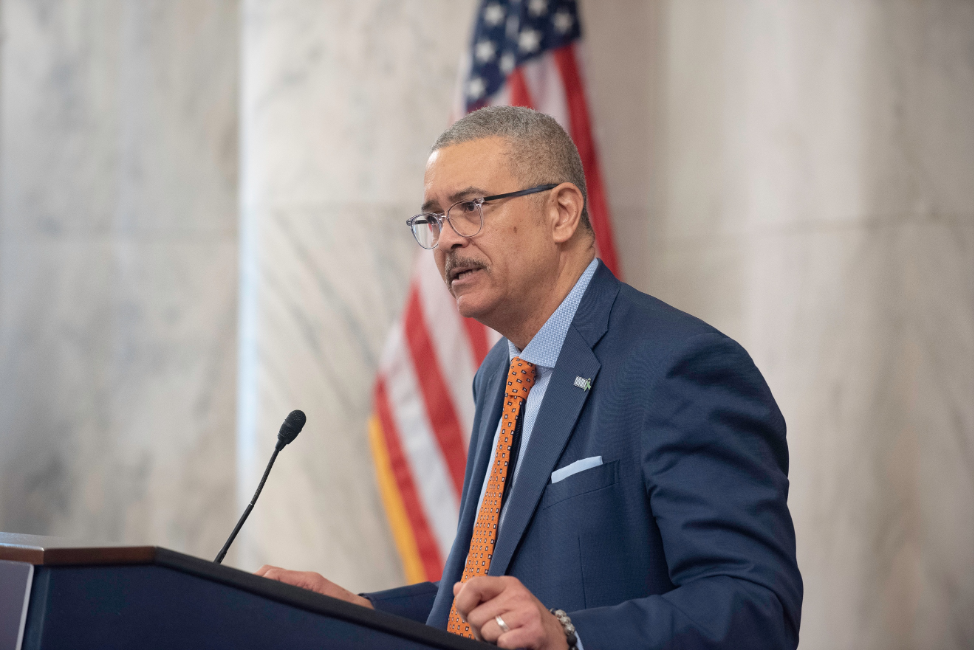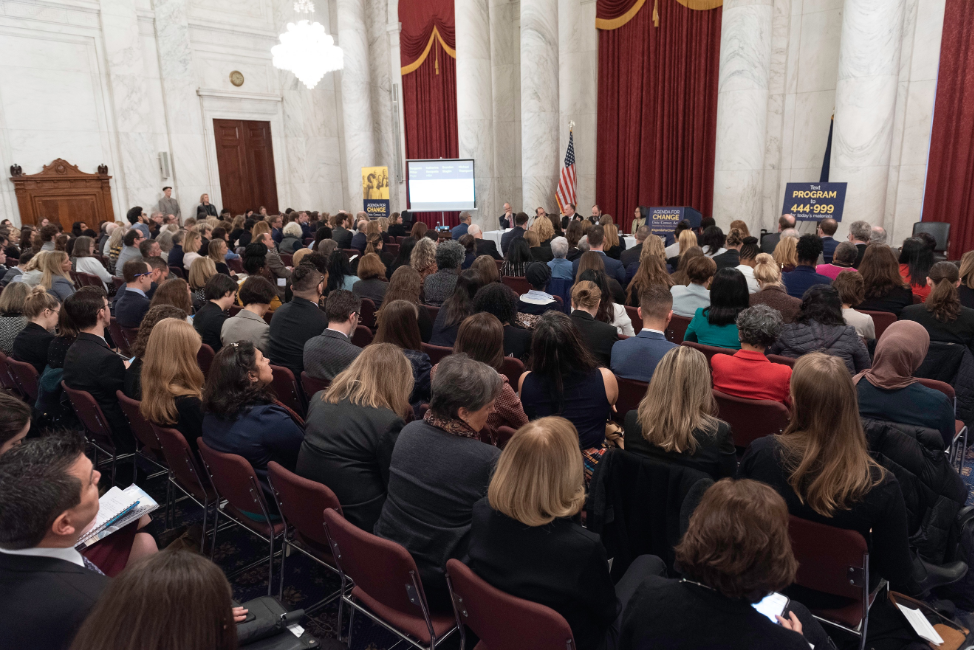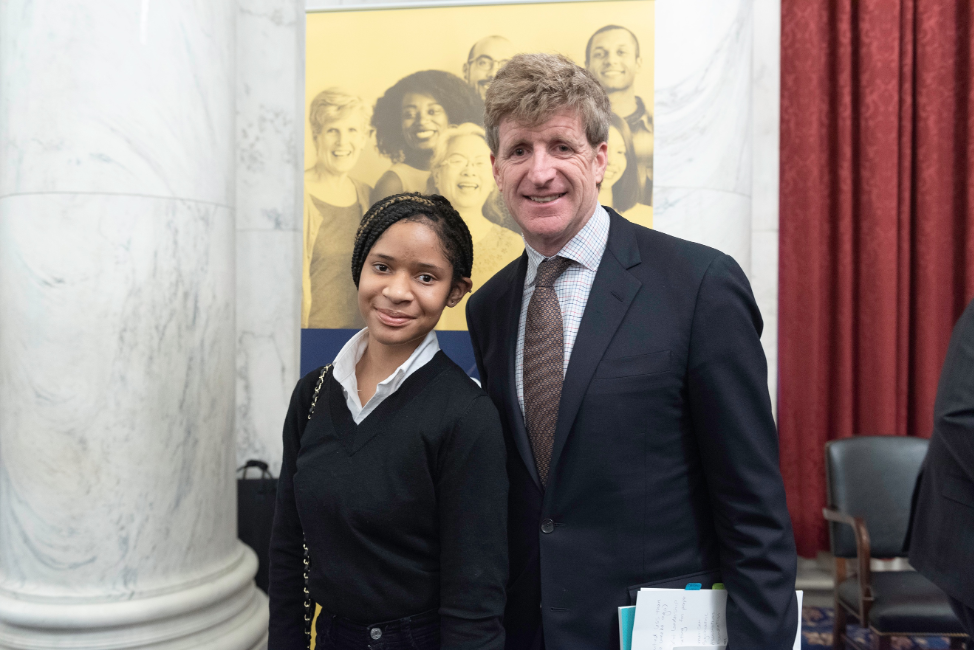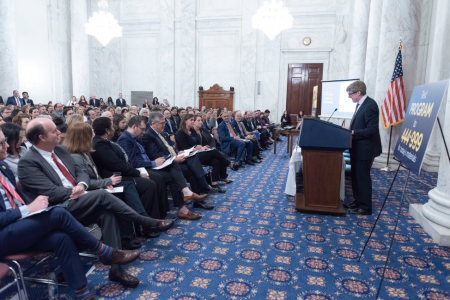While a slight increase in life expectancy and a slight decrease in overdose deaths—per recent CDC data—are definitely steps in the right direction, the U.S. mental health crisis is far from over. In fact, a closer look at the numbers provides a stark reminder of where we are.
- Life expectancy increased by about a month—78.7 years for babies born in 2018 vs 78.6 for babies born in 2017—but is still lower than its peak in 2014. U.S. life expectancy is also still lower than 10 peer nations, despite spending far more per capita on health care.
- Overdose death rates fell modestly in 2018—67,367 in 2018 down from 70,237 in 2017—however, they continue to outnumber deaths from motor vehicle accidents and overdose deaths are still rising for fentanyl, cocaine, and psychostimulants like methamphetamine.
- 48,344 people died by suicide in 2018, up from 47,173 in 2017. While the increase was small – just two-tenths of a percent – the rise in deaths over time has been steady. Since 1999, the suicide rate has climbed 35%.
- According to the Substance Abuse and Mental Health Administration (SAMHSA), one in five U.S. adults experienced mental illness in 2018, and one in 14 people aged 12 or older had a substance use disorder that same year.
Last week, The Kennedy Forum hosted “Agenda for Change: Unite. Connect. Act.” in the Kennedy Caucus Room of the U.S. Capitol to promote specific actions needed in policy, philanthropy, employment, and research. U.S. Rep. Judy Chu, U.S. Rep. David Trone, former U.S. Rep. Patrick J. Kennedy, and former U.S. Sen. Gordon Smith attended, along with more than 300 guests from across the country. More than 4,000 people viewed the event via The Kennedy Forum’s YouTube livestream.
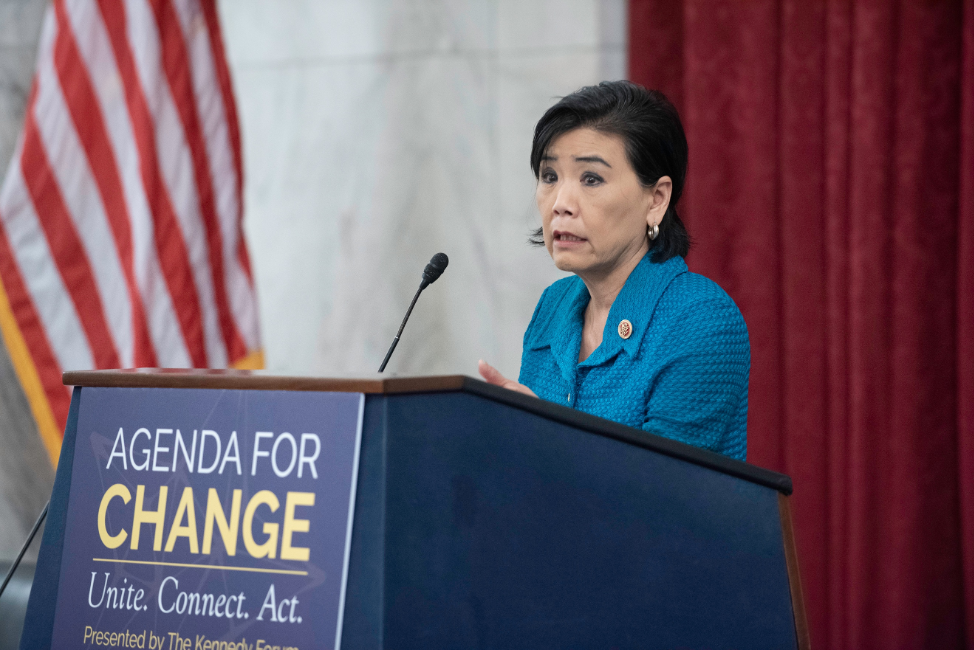
To set the stage, a woman named Carmen B. shared a powerful story about battling her insurance company to cover treatment for her son, who had attempted suicide. Carmen invested more than 1,000 hours fighting for the mental health benefits her son desperately needed and submitted over 3,000 pages of documentation. Her eye-opening description of this personal journey reinforced the urgent need for parity enforcement and for quality, integrated care, among other things.
“Agenda for Change” went on to highlight several new reports, initiatives, and resources that will be critical for defining the next steps in the fight for mental health equity.
- Andy Slavitt, board chair of United States of Care and former acting administrator of the Centers for Medicare and Medicaid Services, addressed recent data that found huge out-of-network utilization disparities between mental health/addiction and medical/surgical care for inpatient facilities, outpatient facilities, and office visits.
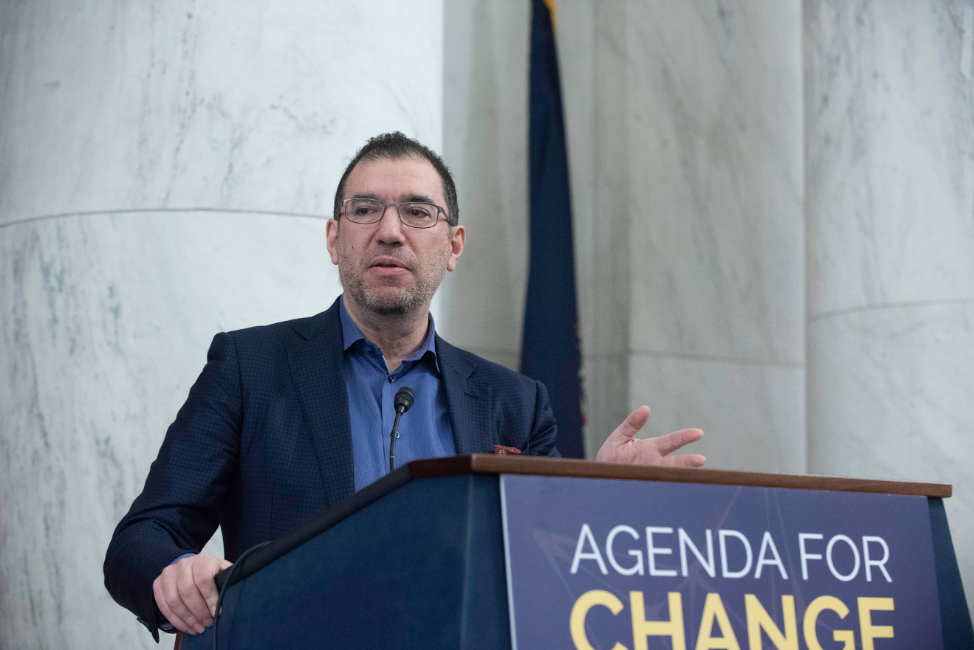
- John Madigan, senior vice president of public policy at the American Foundation for Suicide Prevention, Sen. Smith, and Daniel Gillison, CEO of the National Alliance on Mental Illness (NAMI), discussed Mental Health for US, a 90-member nonpartisan, educational coalition aiming to elevate mental health and addiction in policy conversations during the 2020 election cycle. The audience also got to view Mental Health for US’ latest video, featuring Dr. Mehmet Oz.
- Joe Pyle, president of The Scattergood Foundation, moderated a panel discussion profiling powerful new tools to drive social change, including “Health in Mind,” a guide from the Center for High Impact Philanthropy (CHIP) at the University of Pennsylvania. The guide outlines philanthropic recommendations for aligning financial investments with the needs of those with mental health and addiction challenges.
- The panel also explored “Healing the Nation,” a new report from Well Being Trust that outlines a framework for federal policymakers and pinpoints specific recommendations to support prevention, treatment, and recovery—an update to The Kennedy Forum’s 2017 policy guide for the 115th Congress.

- Mike Thompson, president and CEO of the National Alliance of Healthcare Purchaser Coalitions, and Brandon Staglin, president of One Mind, also contributed to the panel discussion, addressing needs in the areas of health care purchasing and brain research.
As former U.S. Rep. and founder of The Kennedy Forum Patrick J. Kennedy pointed out ahead of the event, “As a nation, there are tangible steps we can take right now to save lives…This is about equality for those with mental health and addiction challenges. We must act now to prioritize measures and resources that truly address these systemic problems and create meaningful, lasting change.”
Watch “Agenda for Change” here.
